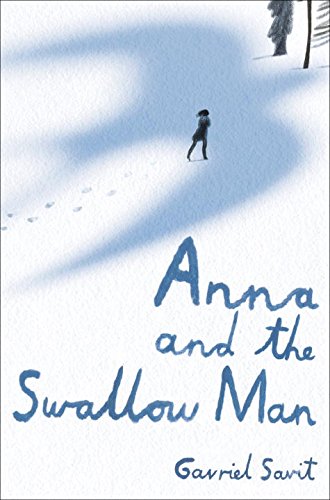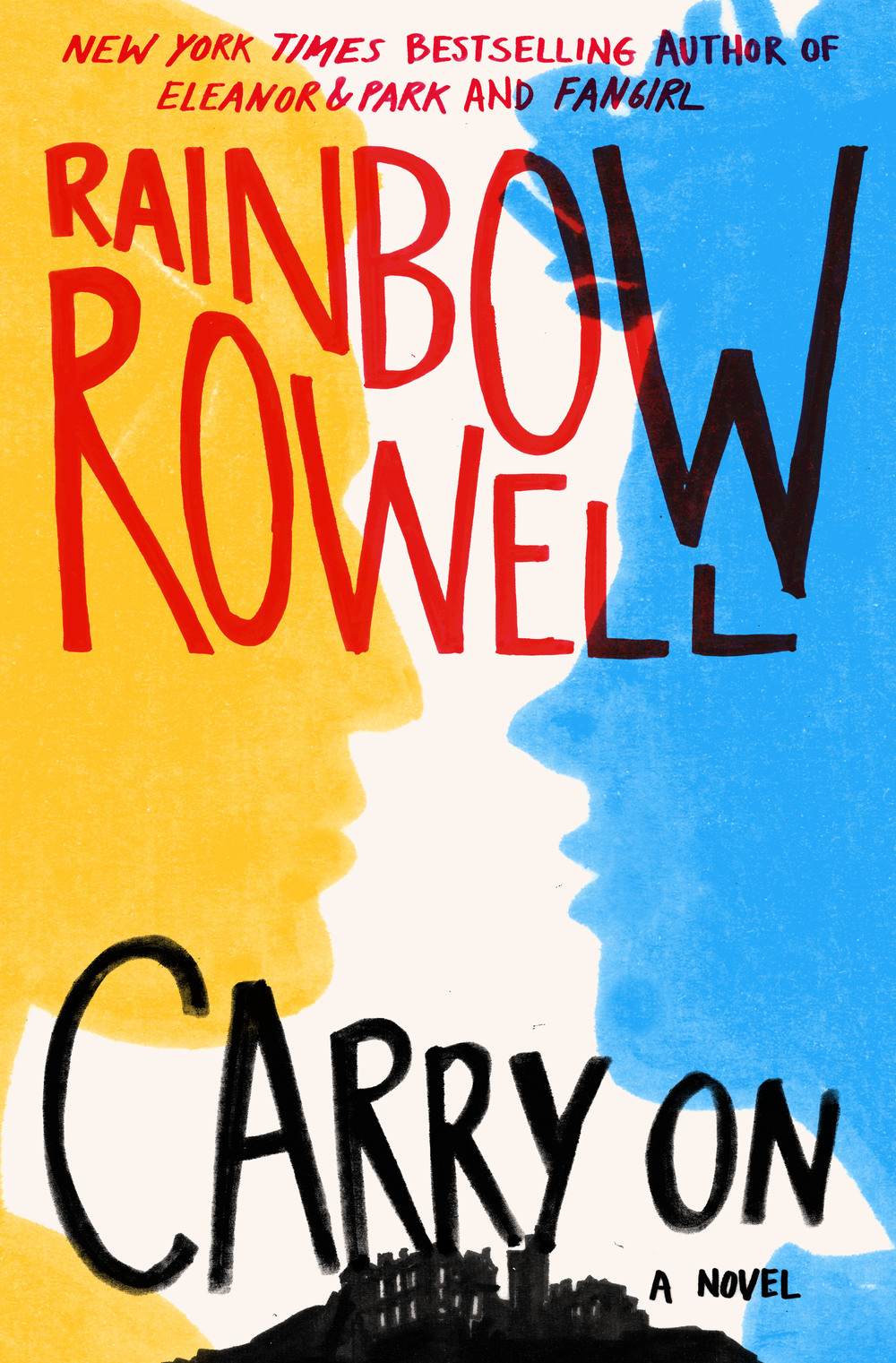When seven-year-old Anna’s father doesn’t return from a meeting at the university at which he teaches, she has no one to turn to. The year is 1939, and Anna’s neighbors and acquaintances – and the reader – can guess the truth behind his sudden disappearance. No one Anna knows is willing to risk gaining the attention of the fierce German occupiers by helping her, and as her mother has been dead for several years, Anna is all alone.
But even at only seven Anna is already a remarkable little girl. Her father was a professor of linguistics, and he passed his expertise on to her. She can speak French, German, Russian, Polish, and a whole slew of other languages. Anna’s skill and resourcefulness soon attracts the attention of the mysterious Swallow Man, who roams the countryside trying to avoid becoming collateral damage in the quickly escalating war. He and Anna become traveling partners, helping each other stay out of the clutches of both the Russians and the Germans. The Swallow Man teaches Anna never to stay in one place too long, never to reveal too much about herself, and to always trust her instincts, rules that he himself steadfastly adheres to – Anna never even learns his name. The Swallow Man’s edicts are effective, as he manages to keep them out of harm’s way for many seasons, but it becomes increasingly apparent that they can’t avoid the war forever.
Anna and the Swallow Man is a spare and heartbreaking novel exploring the cost of survival, paid not only in physical hardship, but in the draining of the soul. The Swallow Man isn’t the perfect hero, but he gives everything he has in the fight to keep Anna alive and safe, even if that means sleeping in caves during the winter or rummaging through the pockets of dead soldiers. In a world torn apart by hatred and misfortune, Anna and the Swallow Man remind each other that survival without love is no kind of survival at all, as Savit’s timeless writing style renders WWII in stark and pale tones befitting the bleakness of the situation. The book is being published as a middle grade novel, but adults and older readers will find much to appreciate here as well, particularly in the way Savit weaves in references to horrific historical occurrences that Anna is incapable of understanding, but the reader understands the implication of all too well.
This is not an easy book, but it’s a beautiful one, one that will stay with you long after you finish.
A copy of this book was provided by the publisher for review.


